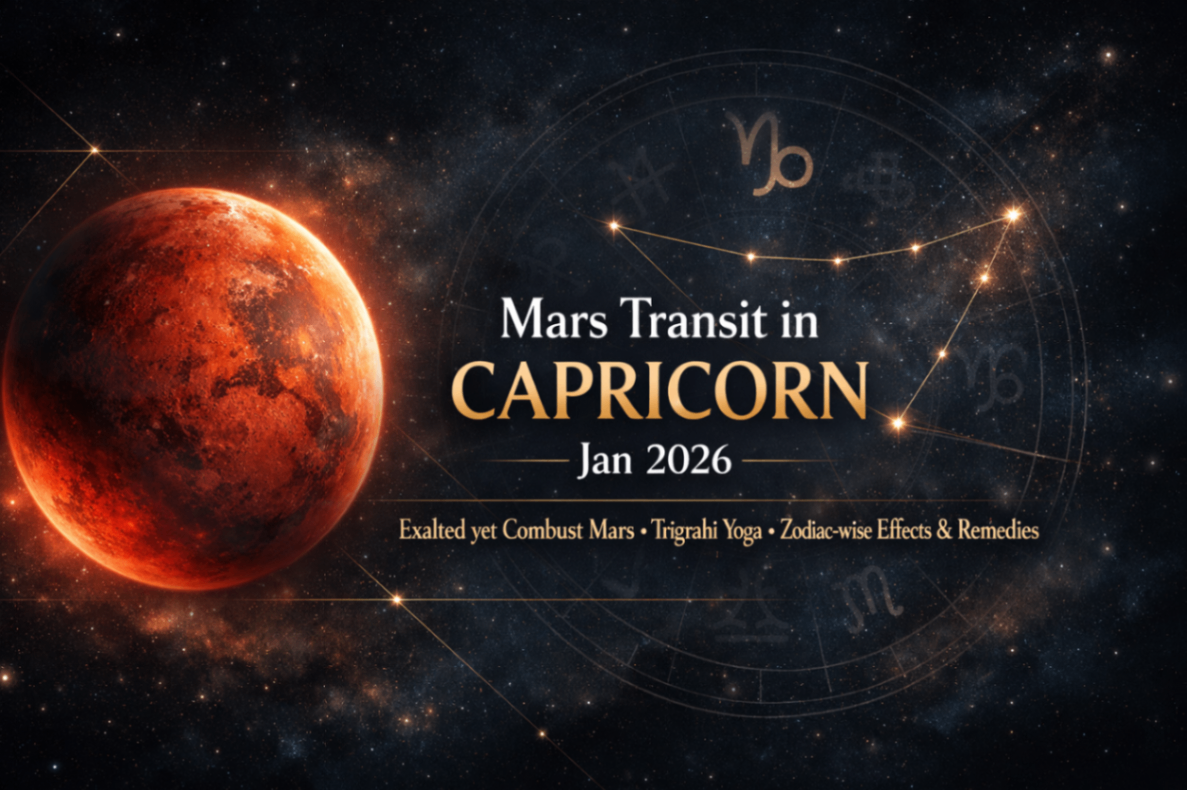Astrology Transit in Vedic Astrology: Unveiling the Delivery Boys of Karma
In Vedic astrology, the concept of astrology transit is a cornerstone in predicting and understanding the unfolding of life events. Often referred to as the delivery boys of karma, transits are crucial in delivering the promises made in an individuals birth chart. These transits act as catalysts, triggering events and experiences that are aligned with the karma indicated by the natal horoscope. The movement frequency of planets, their direct and retrograde motions, stationary periods, and conjunctions all play a pivotal role in this process.
1. Importance of Transits in Vedic Astrology
Transits are significant because they bring the latent potential of a birth chart to fruition. A birth chart shows the promise or potential of a person’s life based on their karma, but it is through transits that these promises are delivered. This is why transits are often likened to delivery boys. Without the movement of planets, the promises in the horoscope would remain mere possibilities.
For instance, if a birth chart shows a strong potential for wealth and prosperity (a good promise), it is through favorable transits that this wealth is realized. Conversely, if there is a negative promise, such as potential challenges or losses, transits can trigger these events as well. Therefore, analyzing transits is essential for accurate predictions.
2. Slow-Moving vs. Fast-Moving Planets
The impact of a transit largely depends on the speed of the transiting planet. Slow-moving planets, such as Saturn, Jupiter, Rahu, and Ketu, have a more profound and lasting impact than fast-moving ones like the Sun, Moon, Mercury, Venus, and Mars.
Slow-Moving Planets:
Saturn: Takes approximately 2.5 years to transit a single sign.
Jupiter: Spends about 1 year in each sign.
Rahu and Ketu: Each takes about 18 months to move through a sign.
These slow-moving planets are often the harbingers of significant life changes. Their influence is deeply felt because they linger longer in a particular area of the zodiac, allowing their energies to permeate and effect substantial transformation.
Fast-Moving Planets:
Sun: Moves through each sign in about 30 days.
Moon: Changes signs roughly every 2.5 days.
Mercury: Transits through a sign in about 14 to 30 days.
Venus: Stays in a sign for about 23 to 45 days.
Mars: Typically spends 45 days to two months in a sign.
While fast-moving planets trigger immediate, short-term events, their effects are fleeting and do not typically lead to the long-term changes brought by slower planets.
3. Analyzing Transits: A Practical Approach
Understanding how to analyze a transit involves looking at the specific houses, lords, karakas (significators), and special points like Arudha Padas in the natal chart. Let’s consider an example of a Jupiter transit over the 2nd house:
Jupiter Transiting the 2nd House:
2nd House Lord: Jupiter’s influence on the 2nd house lord can enhance matters related to wealth, speech, family, and food.
2nd House: As the house of wealth and sustenance, Jupiter’s transit here can increase financial stability, provide new opportunities for income, or expand the family.
Karka (Significator) of the 2nd House: Venus, the natural significator of wealth and family, can also benefit from Jupiter’s transit.
Jaimini Karaka: The transit’s influence on the Jaimini Karaka (Amatya Karaka or Dara Karaka) related to the 2nd house can indicate professional success or enhanced relationships.
Arudha Pada of the 2nd House (A2): The transit of Jupiter over A2 can bring visibility and recognition to ones wealth and financial status.
Positive or Negative Outcomes: The results of this transit will depend on the natal promise. If the birth chart shows strong and positive indicators for wealth (a good promise), Jupiter’s transit will likely bring prosperity. However, if there are afflictions or negative promises related to the 2nd house, this same transit could trigger financial challenges or familial disputes.
Karmic Influence: Additionally, if the overall natal chart is strong and the individual’s actions (karma) are aligned with dharma (righteousness), Jupiter’s transit can mitigate negative influences and amplify positive results.
4. The Profound Impact of Slow-Moving Transits
Among all transits, those of Jupiter, Saturn, Rahu, and Ketu are particularly important. These planets indicate significant shifts in life’s focus and direction. For example:
Jupiter Transit: Known as the planet of expansion and wisdom, Jupiter’s transit indicates where growth, learning, and opportunities will arise. Its influence can help ward off negative effects, especially if the natal chart supports such mitigation.
Saturn Transit: Saturn’s transit often brings lessons of discipline, hard work, and responsibility. It can indicate periods of challenge or reward, depending on its position in the natal chart and the karma of the individual.
Rahu and Ketu Transit: These shadow planets signify karmic shifts and turning points. Rahu’s transit can bring obsession and ambition, while Ketu’s transit often leads to detachment and spiritual growth.
Directional Focus: These slow-moving transits give insight into which areas of life will be emphasized during their duration. For instance, if Saturn transits the 10th house, one’s career and public image become the focal point of transformation, whether through hard work or challenges.
Conclusion
The study of astrology transits in Vedic astrology is not just about understanding the movement of planets but recognizing their role as the deliverers of karma. These transits activate the potential within a birth chart, bringing to life the promises, whether good or bad, that are embedded in the horoscope. By carefully analyzing transits, especially those of slow-moving planets like Jupiter, Saturn, Rahu, and Ketu, astrologers can provide profound insights into the direction of an individual’s life and the karmic lessons they are set to experience.






































